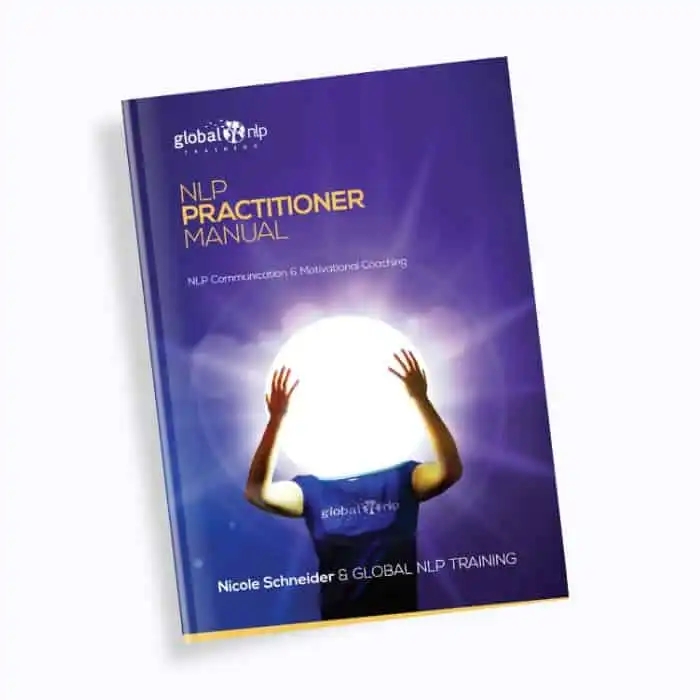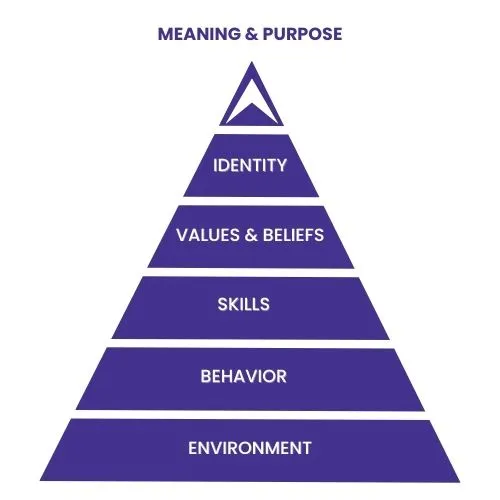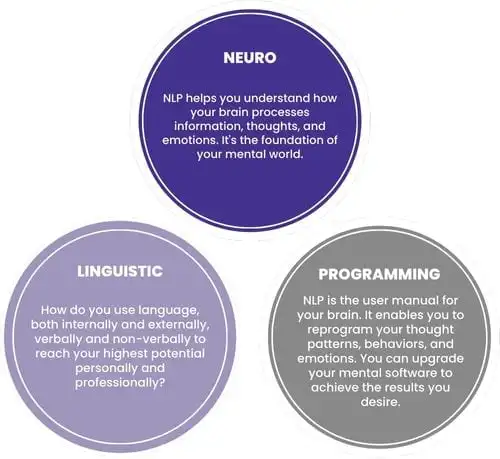The healthcare sector is experiencing a shift due to the emergence of technologies aimed at enhancing patient outcomes, improving care quality, and streamlining medical procedures.
One groundbreaking innovation in this field is the introduction of the DocVA Virtual Medical Assistant, a tool that aims to empower patients and transform the healthcare landscape.
By providing health insights, facilitating patient-provider communication, and granting easy access to medical records and resources, DocVA plays a crucial role in boosting patient empowerment.

Tailored Health Advice
An advantage of the DocVA Virtual Medical Assistant is its ability to offer health advice to patients. Unlike healthcare approaches that often provide recommendations, DocVA utilizes advanced algorithms and patient data to deliver tailored health guidance.
This includes suggestions on medication management, dietary modifications, and lifestyle adjustments customized to health conditions. For instance, individuals with diabetes may receive tips on controlling blood sugar levels, while those with issues could receive personalized exercise routines and dietary advice.
The customization provided by DocVA extends beyond recommendations. It explores a patient’s health history, considering predispositions, past medical conditions, and current treatments. This personalized approach empowers patients to play a role in their healthcare and helps them adhere better to medical advice.
Patients are more inclined to follow recommendations when they see them applicable to their circumstances.
Improved Communication
Effective communication between patients and healthcare providers is essential for the success of any treatment plan. DocVA addresses this need as a conduit for interactions between patients and their healthcare teams. Through the DocVA platform, patients can quickly provide updates on their symptoms, treatment progress, and any concerns they may have.
This real-time communication enables healthcare providers to adjust treatment plans and assures patients that their concerns are being listened to and addressed. Furthermore, the platform offers functions like scheduling appointments, requesting prescription renewals, and secure messaging, simplifying how patients manage their healthcare requirements without the inconvenience of phone calls or office visits.
These features save time and ensure crucial health updates and questions are recorded and dealt with promptly. The DocVA Virtual Medical Assistant offers a benefit through its access to medical records and resources. Patients often need help keeping tabs on their history test results and treatment plans, leading to confusion.
By centralizing all this information in one platform, DocVA enables patients to quickly retrieve their medical records as needed. This improves the accuracy of health information shared with healthcare providers and empowers patients to make well-informed decisions regarding their health. Aside from organizing records, DocVA provides various educational resources tailored to individual health conditions.

Patients can explore articles, videos, and interactive tools that offer insights into their health issues. This educational component of DocVA ensures that patients are well-educated about their conditions and treatments, fostering a sense of control and confidence in managing their health.
Given the increasing concerns about data privacy, DocVA prioritizes safeguarding information. The platform utilizes encryption measures and adheres to healthcare regulations to ensure the security of patient data.
The robust security measures ensure patients can rely on the platform to safeguard their health data, easing worries about breaches or unauthorized access. By upholding privacy and security standards, DocVA establishes trust with its users, which is a factor in successfully adopting any digital health tool. Integrating with existing healthcare systems and workflows is key to an assistant’s effectiveness.
DocVA excels in this aspect by connecting with health record (EHR) systems, telehealth platforms, and other digital health tools commonly used by healthcare providers. This interoperability guarantees that the data collected and managed by DocVA can be easily shared and utilized across the broader healthcare landscape.
For healthcare professionals, this integration means access to patient information without the hassle of switching between multiple systems. It simplifies their workflow, reduces burdens, and allows them to dedicate time to direct patient care.
For patients, this connectivity results in a coordinated healthcare journey in which all aspects of their care are well-aligned and effectively managed. DocVA prioritizes a patient-centered approach by incorporating feedback mechanisms that enable users to share their experiences and suggest enhancements.
The constant feedback loop ensures the platform evolves to cater to users’ needs. Patient input and concerns are carefully considered during updates and feature improvements, making DocVA a flexible tool. The dedication to enhancement is evident in the platform updates, which introduce new features, improvements, and bug fixes based on user feedback and advancements in medical technology. This proactive approach ensures that DocVA remains a leading health solution that consistently delivers value to its users.

Conclusion
The DocVA Virtual Medical Assistant is a tool that empowers patients and transforms the healthcare landscape. By providing health insights, improving communication between patients and healthcare providers, offering access to medical records and resources, prioritizing privacy and security, integrating with existing healthcare systems, and continuously evolving based on patient input, DocVA emerges as a symbol of innovation in the healthcare sector.
As we progress towards a patient-focused healthcare model, tools like DocVA ensure that patients are well-informed, engaged, and confident in managing their health. Incorporating technologies into the healthcare framework heralds a future where medical care is more effective, tailored, and empowering for patients.
The increasing usage of DocVA and other virtual assistants could significantly improve results and overall satisfaction in healthcare, ushering in a phase of patient empowerment and healthcare provision.







